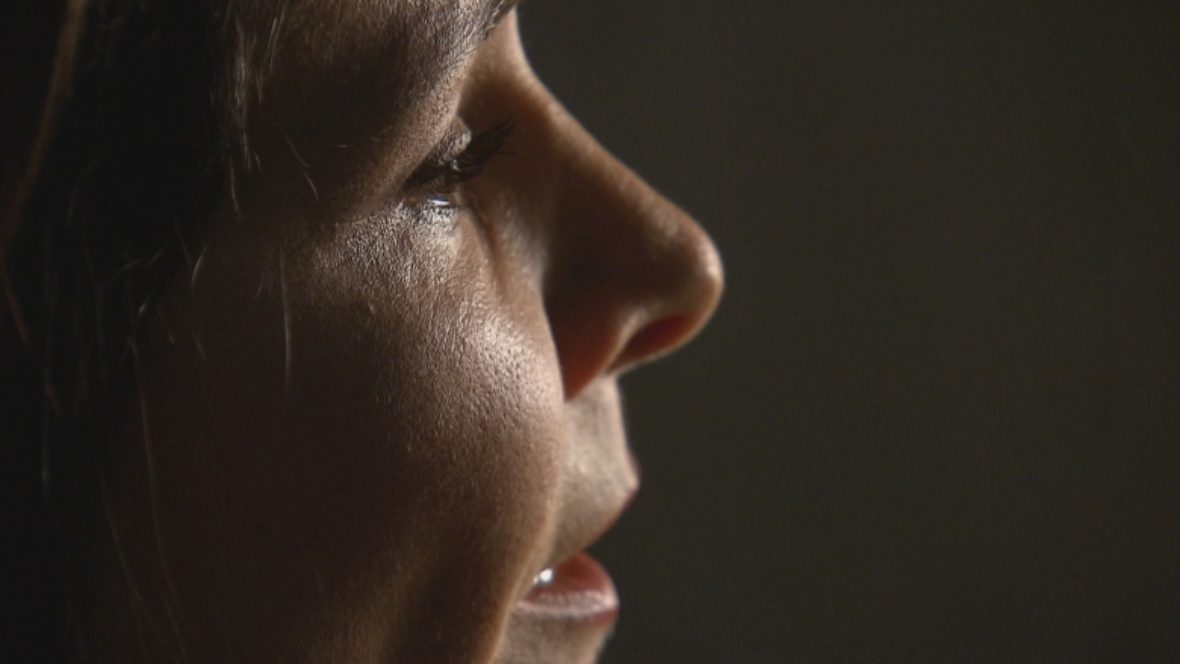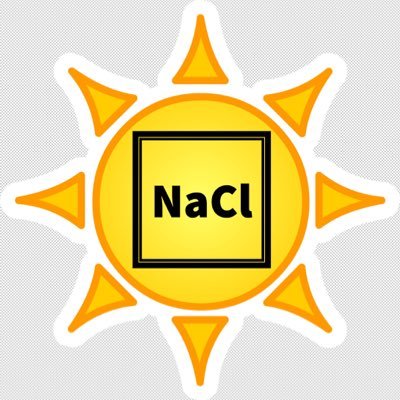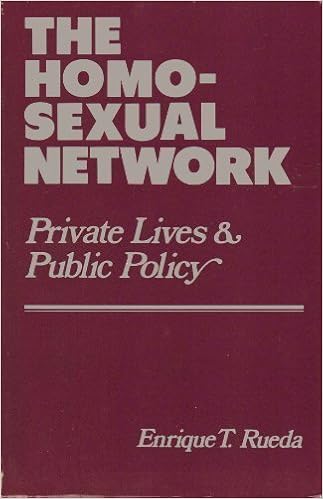It is an undeniable fact that over the past decade or so the United States has undergone a veritable revolution in morals and law in regard to homosexuality. As this magisterial study demonstrates, the revolution was_well_underway in 1981 when it was written. While the book examines a great many facets of homosexual life in America, what seemed of most import was the reason this unexpected and unprecedented revolution was marching from victory to victory.
In 1970, a year after Stonewall, 84% of Americans agreed with the statement that homosexuality was "a social corruption that can cause the downfall of a civilization" and 75% of Americans believed that homosexuals should be barred from the ministry, the teaching profession and the judiciary. Over the course of the next decade, the homosexual movement made breathtaking strides to put a dent in that overwhelming consensus, to the point where public opinion and the boundaries of discourse had shifted in its favor, and where openly homosexual politicians, teachers, ministers, entertainers, etc. were accepted in public life (at least in certain locales), where 10 years earlier they dared not admit who they were. How did they accomplish this? According to the author, it was the sympathy of the American elite and the single-minded fanaticism of the movement itself which spurred such a sea change in American opinion.
The author, a careful and sagacious researcher, presents volumes of polling data to show that the American elite- the college-educated, the political class, the media and the academic world- all had vastly differing opinions on homosexuality (and other issues) than their fellow Americans, and the gap was widening. Obviously such sentiment had its effect on public policy, the mass dissemination of opinion, and the indoctrination of youth, especially of those who would be the teachers of the next generation. In terms of beliefs and values, the ruling elite of the United States was separated from the bulk of its population by a vast ideological chasm. By its very nature, an elite has an influence over its society far out of proportion to its numbers, and such was the influence of the American elite when it came to homosexuality. One important manifestation of the elite's sympathy for homosexuality was the fact, uncovered by the author, that the federal and state governments were the_main_funding source for the homosexual movement.
...
As a Catholic priest, the author devotes a good amount of space to the homosexual infiltration of the Church, even publishing copies of a newsletter that circulated among homosexual priests. As he saw it, the Church's hierarchical structure was both a strength and a weakness. It was a strength in that it enabled to Church to respond quickly and authoritatively to any attempt to undermine its infallible doctrines on sexuality or on any other issue. However, it was also a weakness as it made the Church succeptible to infiltration, which is exactly what happened, thereby paralyzing and neutralizing the Church when a homosexual-friendly cleric gained a position of power. The author noted that the Church was in a battle against a powerful and aggressive force in the homosexual movement, but it was condemned to lose until it became proactive and aggressive itself, which it still has yet to do. (
more...)
It's an eye-opener that the homosexual infiltration began in 1924, 5 years before the communists began their infiltration. Those who bang on about the Bella Dodd testimony are missing a key factor. The communists were merely copying and exploiting a prior condition in the Church. Historically, the ideology of homosexual identity began in Berlin and then was formalized academically in Frankfurt, with the Jewish proponents fleeing to New York (Columbia U) during the Nazi regime. Those who conflate homo ideology with leftism are missing the connection between the Anglo-American and German elites. Today's Military-Industrial Complex is as gay as any other institution.


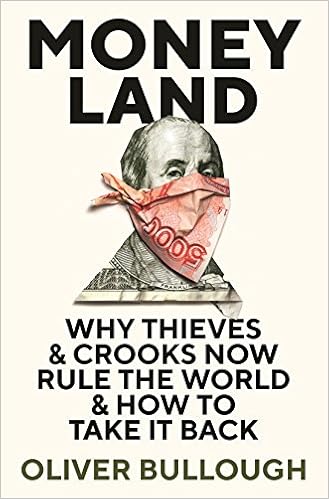




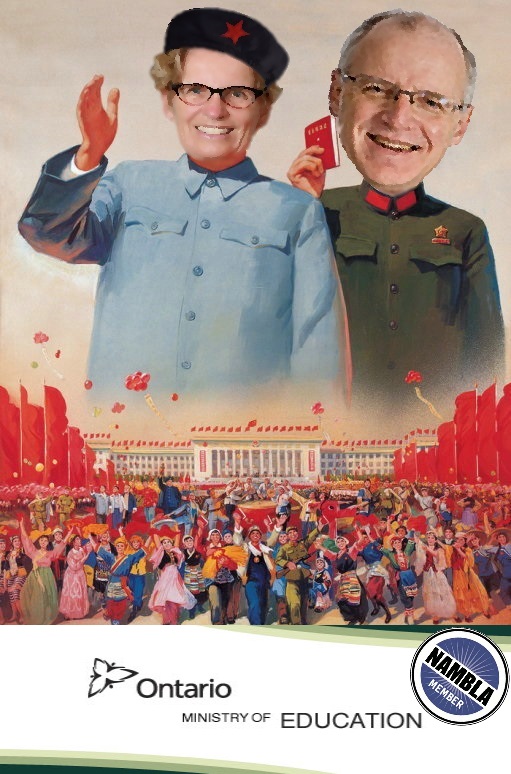

/https://www.thestar.com/content/dam/thestar/opinion/contributors/2018/09/09/racist-misogynists-do-not-deserve-a-platform-anywhere/_886626134.jpg)

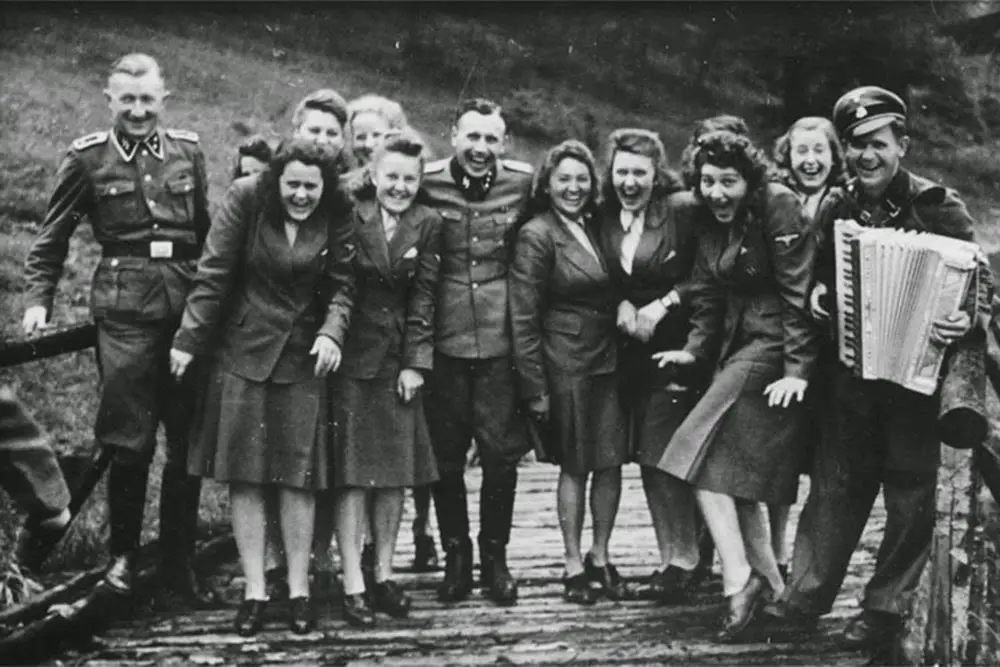

/https://www.thestar.com/content/dam/thestar/news/crime/2013/07/10/benjamin_levin_charged_with_2_more_child_porn_offences/ben_levin.jpg)
